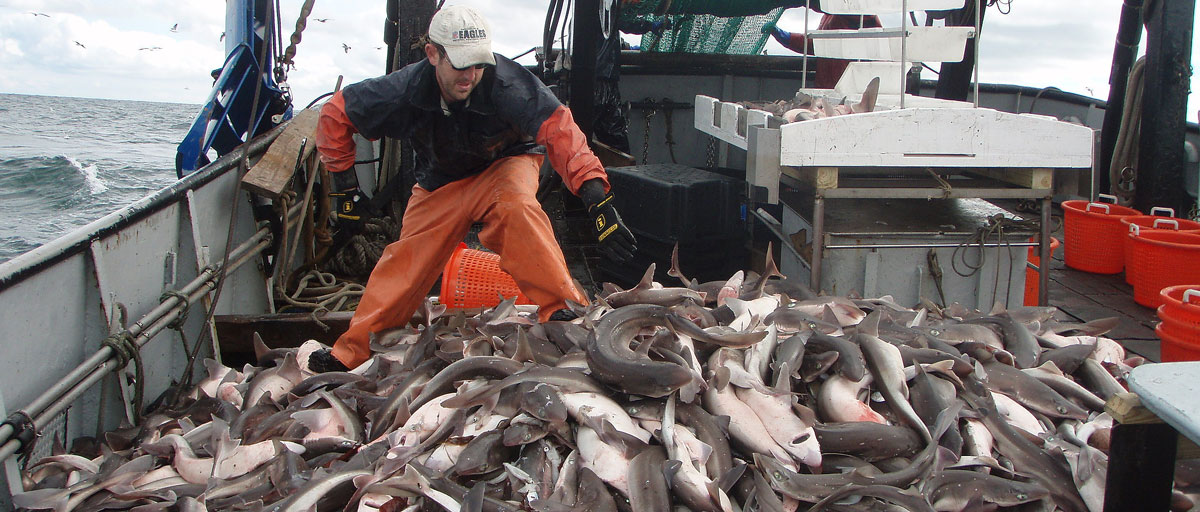SEAFOOD CERTIFICATION
Why seafood certification is still not big in Japan
New study investigates the barriers and bridges to sustainability certifications on the Japanese seafood market
• New study investigates the potential for seafood sustainability certifications on the Japanese market by interviewing MSC and ASC applicants
• In the absence of strong consumer demand and sourcing codes, the main motivation among producers was product differentiation
• The researchers conclude that this motivation alone is not enough, resulting in a slow spread of sustainable seafood in Japan
NOT CATCHING ON: Certified seafood is not as big in Japan as in many parts of the western world because there is a lack of both rewards and tangible penalties on the Japanese seafood market. This is the conclusion from a paper published in Frontiers in Sustainable Food Systems.
The lack of rewards stems from the fact that it is difficult for retailers to charge consumers a price premium for eco-labelled products due to low public awareness of sustainability.
The lack of penalties, on the other hand, is a result of retailers not yet pledging their commitment to seafood sustainability through their sourcing codes, which is more common in for instance the US and Europe.
Our case study in Japan reveals that there may be other motivations for producers who apply for certification than the pursuit of higher prices for eco-labeled products or the avoidance of NGO-led campaigns.
Abigayil Blandon, co-author and PhD-student at the SRC
Limited demand
The new study was conducted in collaboration with Japanese colleagues from the University of Tokyo and Niigata University. The team of researchers conducted semi-structured interviews with the applicants of two certification schemes: Marine Stewardship Council (MSC) and the Aquaculture Stewardship Council (ASC).
The applicants included producers involved in inshore oyster farming, offshore seine net fishing, high seas pole and line, and yellowtail aquaculture.
The results revealed that in the absence of strong consumer demand and sourcing codes, the main motivations were the desire of producers to differentiate their seafood products from similar products and to secure stable distribution channels with large retailers.
“By revealing these motivations, we wanted to understand how these certification schemes are leading, or not leading to the establishment of sustainable seafood markets, especially in the non-Western part of the world,” the authors write.
Future spread thwarted
The researchers conclude that despite few incentives, certified seafood has actually grown slowly but surely on the Japanese seafood market.
Their hypothesis, however, is that the lack of consumer awareness and sustainable sourcing codes will continue to limit the proportion of certified product in Japan and thwart the future spread of sustainable seafood in the country.
Read the paper Promoting Sustainable Seafood Market in Japan: Perspectives From MSC and ASC Applicants
Methodology
Semi-structured interviews were undertaken with the key informants, i.e., the applicants of MSC and ASC in Japan.
The key informants were identified either through known contacts or through MSC Japan and ASC Japan, which allowed the most relevant informants to be contacted with low time investment. For MSC the interviews were conducted face-to-face by AB and HI visiting interviewees production sites and offices, whereas for ASC the interviews were conducted virtually using Zoom by JW and HI due to the COVID-19 related travel restrictions.
Ishihara, H., Blandon, A., Watanabe, J., Yagi, N. 2022. Promoting Sustainable Seafood Market in Japan: Perspectives From MSC and ASC Applicants. Front. Sustain. Food Syst., 17 March 2022. https://doi.org/10.3389/fsufs.2022.843184










